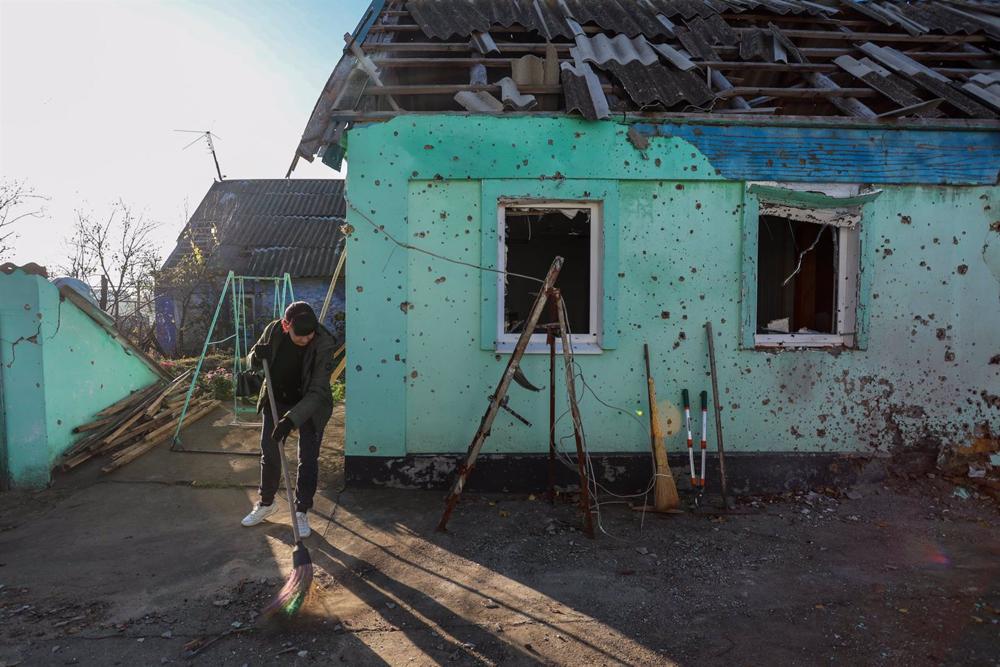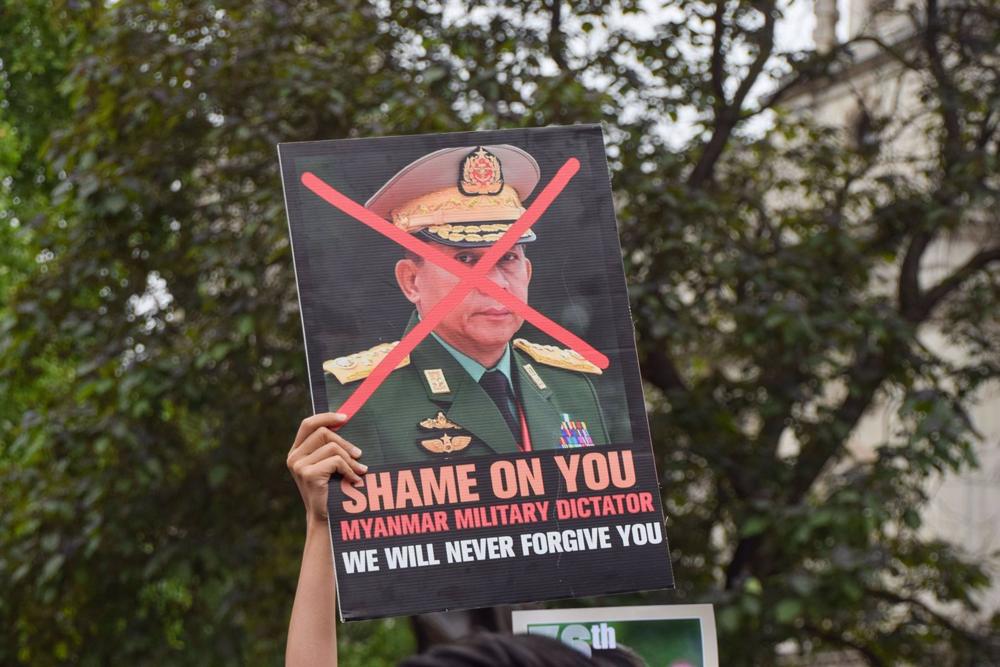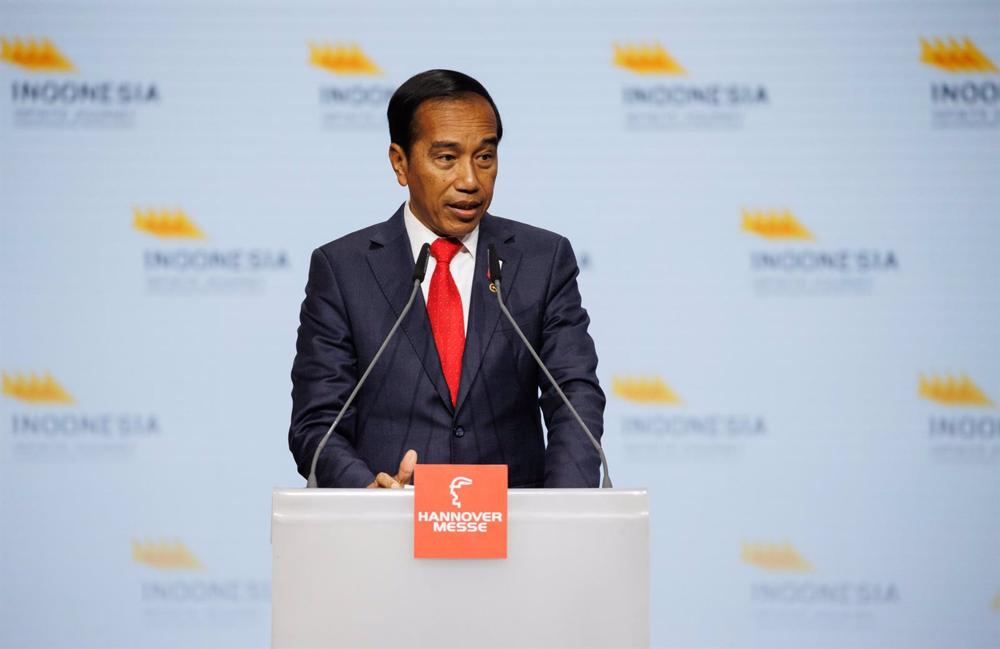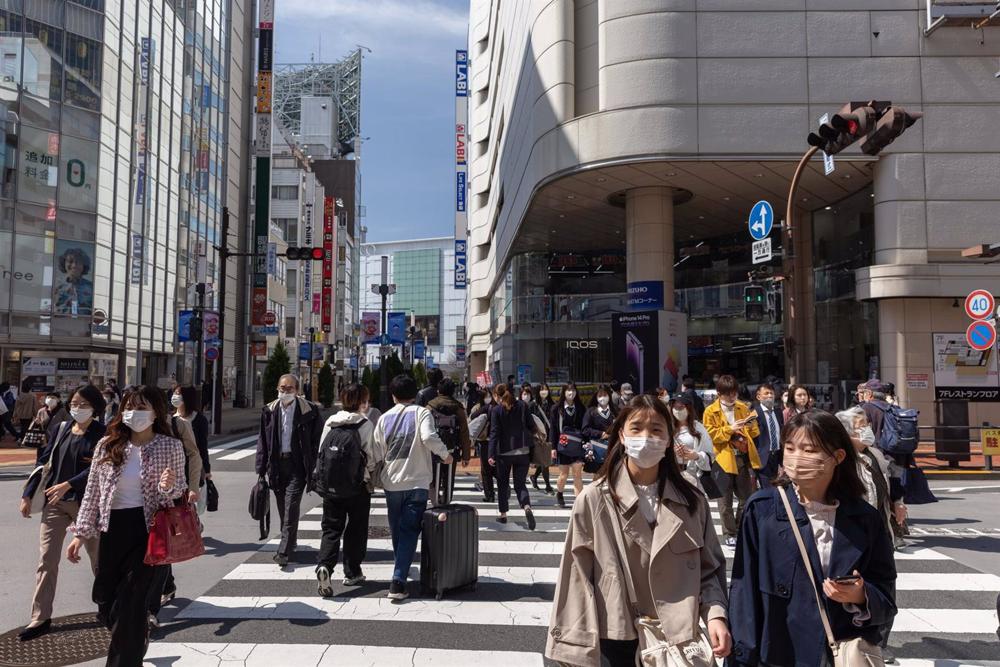
The Kherson region has become in recent weeks one of the main hotbeds of fighting between Ukrainian and Russian forces, at the mercy of a population forced to flee en masse from an area that lacks the most basic supplies and where there are already «ghost towns».
A team from the United Nations Office for the Coordination of Humanitarian Affairs (OCHA) has recently toured some of the localities that have passed in recent weeks into the hands of the Ukrainian authorities, after months in which they have remained inaccessible under Russian control.
Towns such as Visokopilliya, Novovorontsovka, Novooleksandrivka or Borivska which, little by little, are trying to recover the lost pulse of normality, although, as OCHA spokesman Saviano Andreu emphasizes, this seems difficult in a country where the conflict is still raging and Kherson is one of the main centers of dispute.
Abreu says in an interview to Europa Press that there are localities like Visokopilliya practically deserted: before the upsurge of the conflict it had a population of more than 10,000 inhabitants and now it barely exceeds a thousand. «The impression I had was that we were entering a ghost town,» he says, «shocked» by what he saw on the ground.
Those who remain in such areas persist either because they want to or because they had no choice–there are elderly or vulnerable people. On the other hand, few dare to return, although some Ukrainians have taken the step after liberation and, to the question of possible «fears», they answer: «It’s my home».
OCHA is working to improve humanitarian assistance in such enclaves by working with the authorities loyal to the government of Volodymyr Zelensky. In the case of the Kherson administration, the capital of the same name is still under Russian rule, so the governor’s office is in Krivói Rog in neighboring Dnipropetrovsk.
Moscow and Kiev have in recent weeks exchanged accusations about an alleged imminent large-scale offensive and the Russian authorities have managed the evacuation of tens of thousands of people from the city of Kherson, facilitating their transfer to the right bank of the Dnipro River.
The OCHA has no information on this process, as it has «no access» to the areas controlled by the Russian forces and Moscow does not cooperate in information matters either, not even to verify data, so that at present it avoids speculating on possible forced relocations.
Abreu points out that «people have few options left» when the only messages they receive is that «there is going to be more and more destruction», but he claims that all the people who want to move can do it «safely» and «to the place they decide».
The OCHA spokesman recalls that international humanitarian law stipulates that all warring parties are obliged not only to allow the arrival of aid and care for civilians, but also to «facilitate» this work that can be key to the survival of a population that «is paying a very high price».
International law also prohibits attacks on civilian infrastructure or basic supply networks, but the reality is far from these supposed commitments. In Mikolaiv, for example, the destruction of a water supply channel on the Russian side has led to water cuts since April, Abreu points out.
With no water, no electricity, no gas and hardly any basic commodities — in some areas markets have reopened but gender remains «very scarce» — civilians are dependent on external aid. Frequent bombardments complicate repair and reconstruction work, even though it is equally essential.
«I don’t think I saw a single house that didn’t have some kind of damage caused by the war,» says the OCHA spokesman, recalling his stopover in one of the localities recovered by Ukraine and that they must now prepare against the clock for a winter that is beginning to make itself felt. «It’s already very cold,» he warns.






